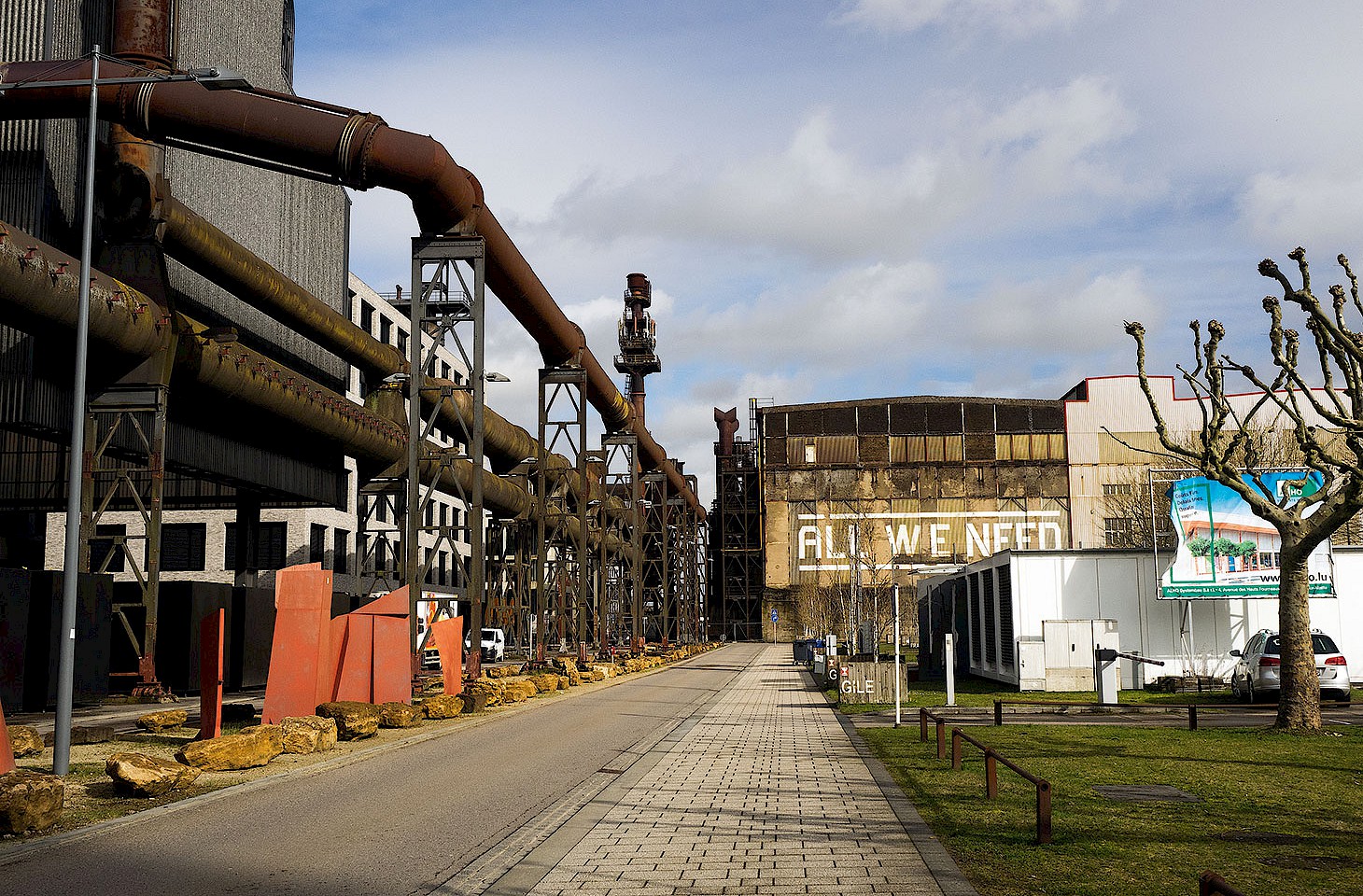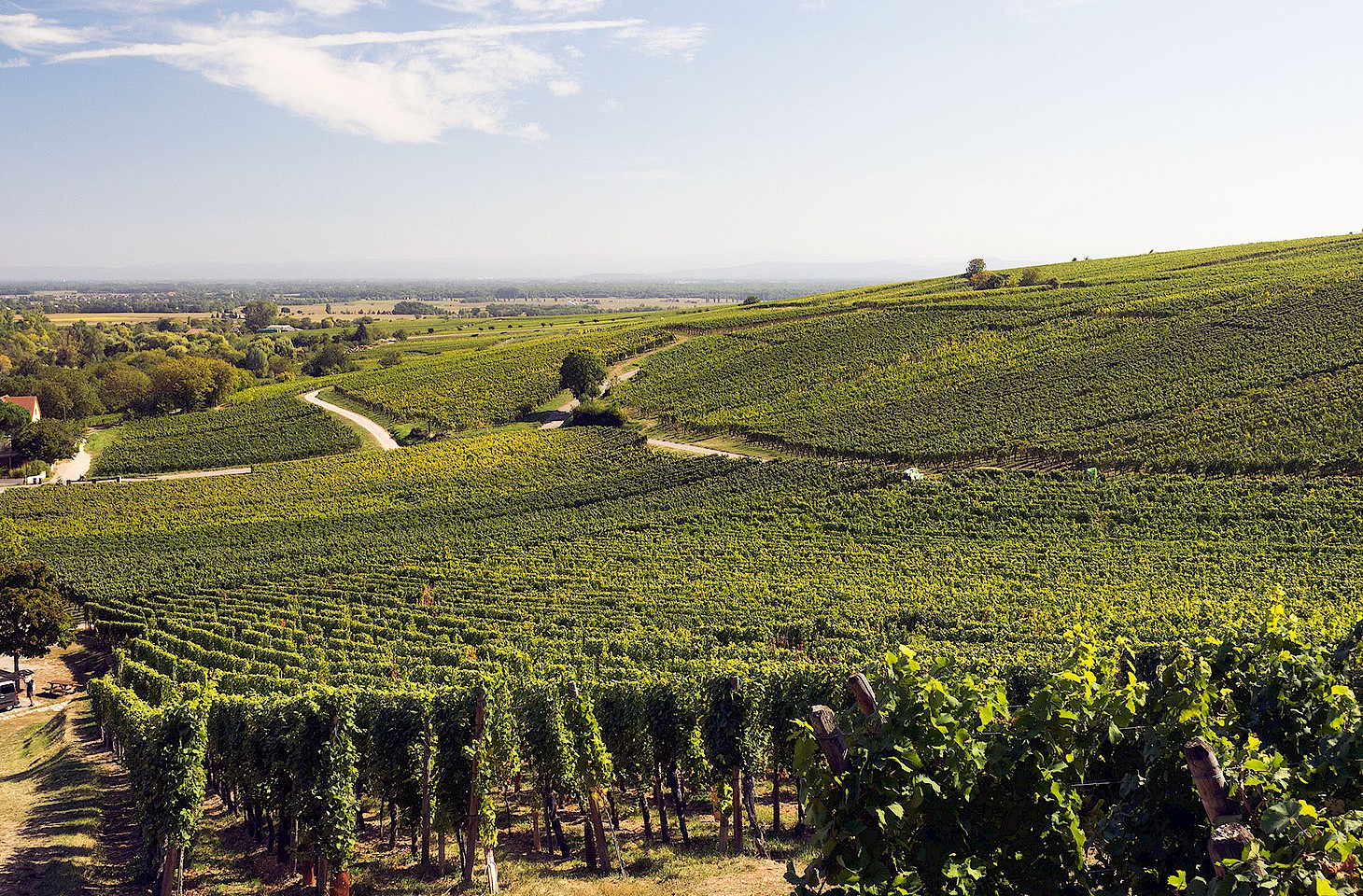Dear fellow travellers
This week marks the 90th anniversary of the opening of the Artek children's camp in the Crimea. Throughout post-Soviet Europe, and even further afield, there are thousands of older people who look back with great affection to the summer holidays they enjoyed as children at Artek. We know pensioners who still hum the tunes which they sung at Artek in their youth.
Artek opened its doors in June 1925. But in the early days there were no doors. Visitors stayed in tents. There were four accommodation tents, each with space for 20 campers. In the 1925 season, there were four holidays, each lasting three weeks. Artek was an initiative of the Russian Red Cross which paid for kids from deprived backgrounds to come and have a rehabilitation stay and holiday on the Crimean coast. Many of the young visitors suffered from bronchial problems and tuberculosis, so the facilities at Artek included a well-staffed hospital pavilion.
Artek developed at a time when the Crimea, with its mellow climate, was increasingly recognised as a good spot for health tourism. As it happens, this summer also marks the 90th anniversary of the conversion of the former Romanov palace at Livadia into a sanatorium for Soviet workers. Patients no doubt went back full of good health to their farms and factories with cheery tales of how they had enjoyed a recuperative stay in the very palace where the Russian tsars had once spent summer retreats.
Over the ensuing years, Artek changed from being merely a health centre for needy children into the greatest children's holiday complex in the Soviet Union. Good grades at school and a diligent obedience to authority were the key to getting one of the treasured Artek vouchers, which entitled the lucky child to have an entirely free holiday at Artek. By the mid-1950s, well over 10,000 children each year were attending summer camp at Artek, and by all accounts most of them loved every minute of their stay in this children's republic. There were treks into the mountains; classes in art and science; sing-songs around the campfire.
Artek always had a very international atmosphere, with children encouraged to learn about the languages, cultures and customs of fellow campers from very different regions of the Soviet Union. From the late 1950s, Artek widened its reach to welcome visitors from well beyond the Soviet Union. Small groups of children from Britain and Scandinavia enjoyed summer stays at Artek and there were regular delegations from Africa. The latter evidently went home with impressive reports of Soviet benevolence.
Artek was a fun place for kids which developed into an adept exercise in cultural diplomacy. The complex survived the break-up of the Soviet Union, but the days of voucher tourism (where the traveller's costs were met in full) were numbered. Artek had to reinvent itself, first within an independent Ukraine and latterly again as part of the Russian Federation.
After a difficult spell with no guests, Artek returns to business this month, welcoming talented children from across the Russian Federation on state-sponsored three-week stays. The songs which will be sung around the campfires in the evenings may have lost their political edge, but kids will forever be kids. And Artek will still sow the seeds of memories which might last for decades.
Nicky Gardner and Susanne Kries
(editors, hidden europe magazine)



